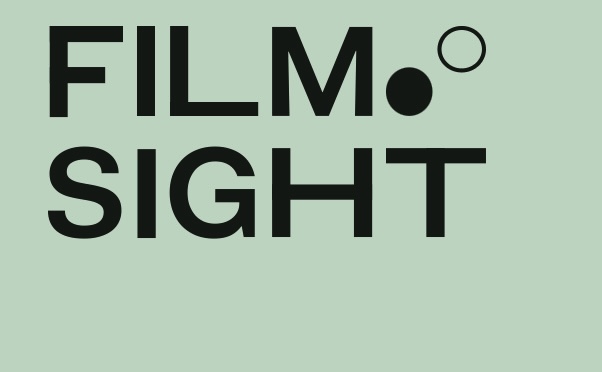Filmsight
A Creative Initiative That Invites Young People Who Are Blind or Visually Impaired to Make Films

Filmsight is a project for young people who are blind or visually impaired to develop their skills in the art of filmmaking. With several workshops we are empowering young people through a method that brings people together into dialogue. „Assisted Filmmaking“ uses principles of behavioral psychology to engage participants in the creative process. Sighted people work as assistants, to implement the creative visions and ensure that the stories of our participants are authentically told. Pavel Ruzyak, a filmmaker based in Prague, Czech Republic, launched Filmsight through the organization Osvěta in Prague. Since 2022, Filmsight has been realized in collaboration with Korsi Berlin e.V.
Through personalised, attentive mentoring and dialog, we aim to stimulate interest and curiosity about the medium of film. Our participants direct their short pieces from the very beginning. They learn the basics of a complete film production background – from the idea, basic script development, filming, post-production, to the final short film, be it a feature or documentary, and its promotion.
We are building long lasting and reusable workshops that teach the audiovisual language and create passion and love for cinema. Filmsight therefore is more than a workshop project. It is an initiative that promotes cultural participation, equal opportunities and the removal of barriers. By actively involving young people who are blind or visually impaired in the creative process of filmmaking, we not only promote their personal and professional development, but also contribute to enriching the culture of seeing.
A workshop usually consists of a small warm-up, an introduction to the topic and most of the time is filled by a practical implementation (alone or in pairs) with parallel mentoring. It is alternating learning and practical work of story creation, scriptwriting, filming, editing, working with equipment and with sound. At the very end, there is a screening of films created and a following joint discussion.
Our workshops have already been organized at schools with special education in Prague. Furthermore, the accessible workshops have also been organized at public schools in Prague as well as some other European countries.